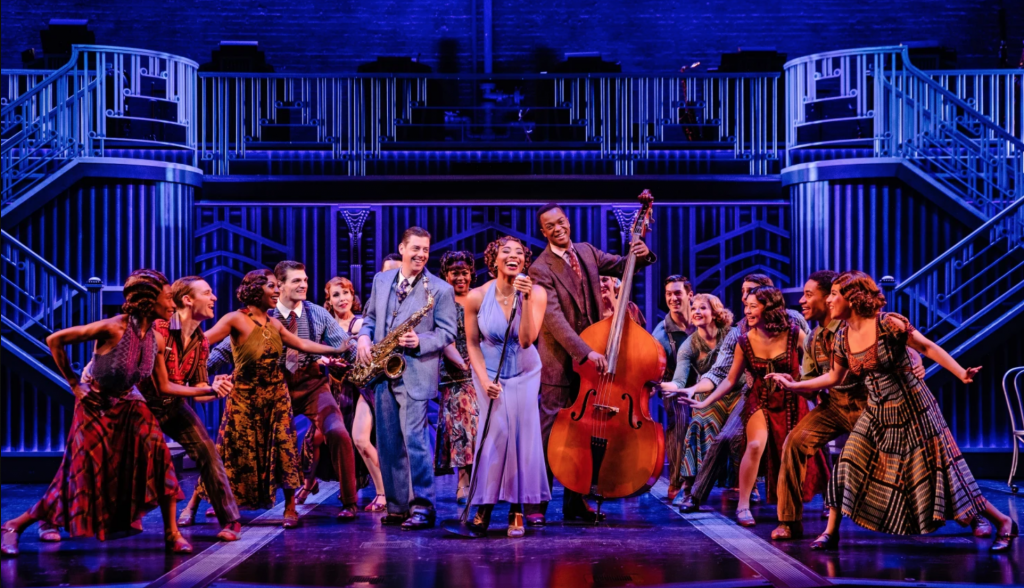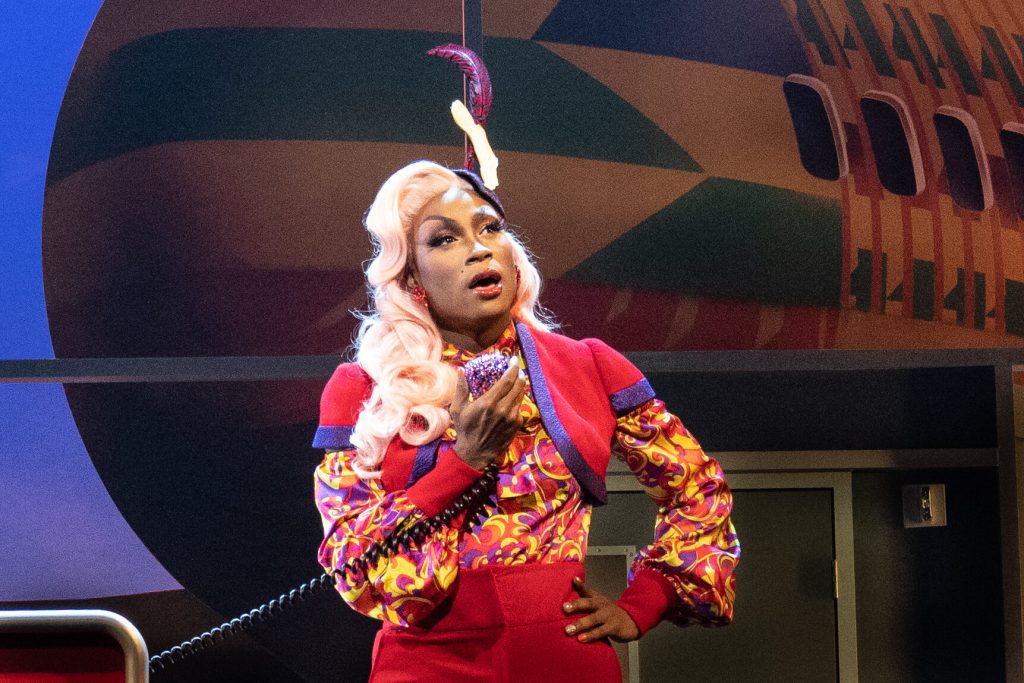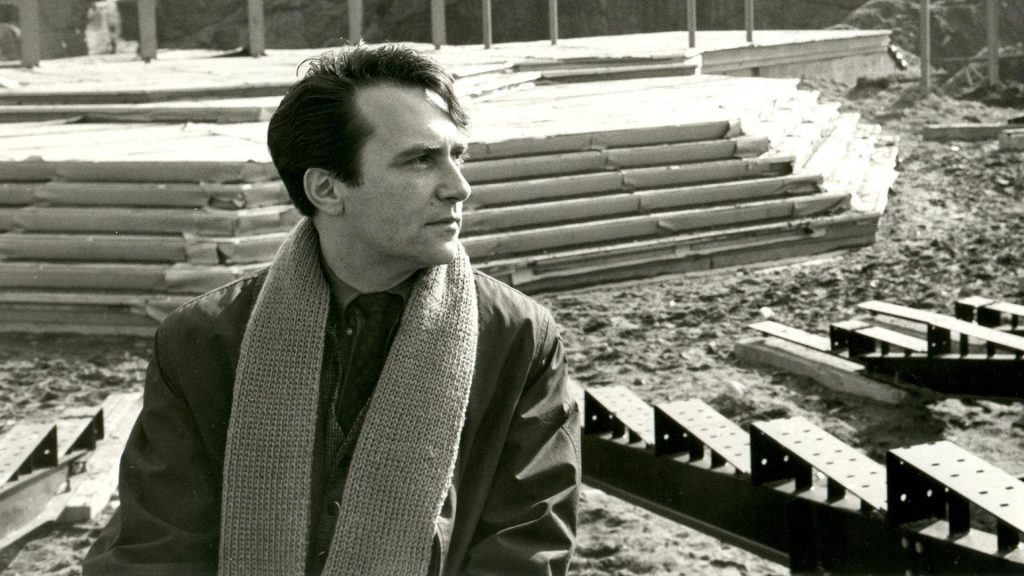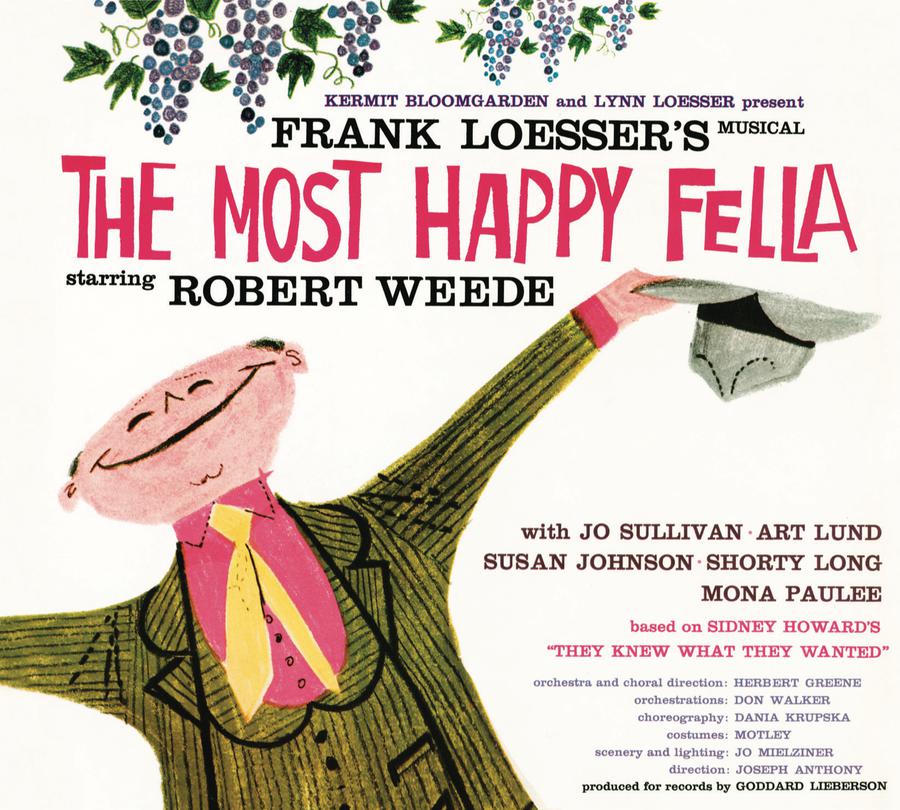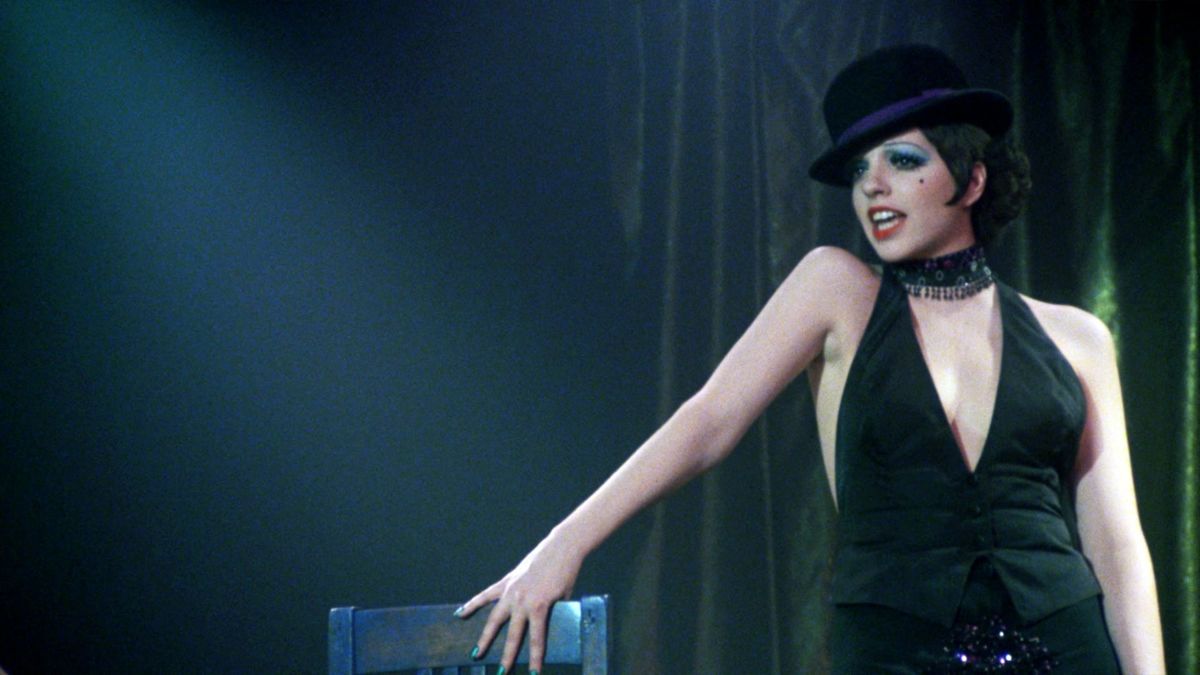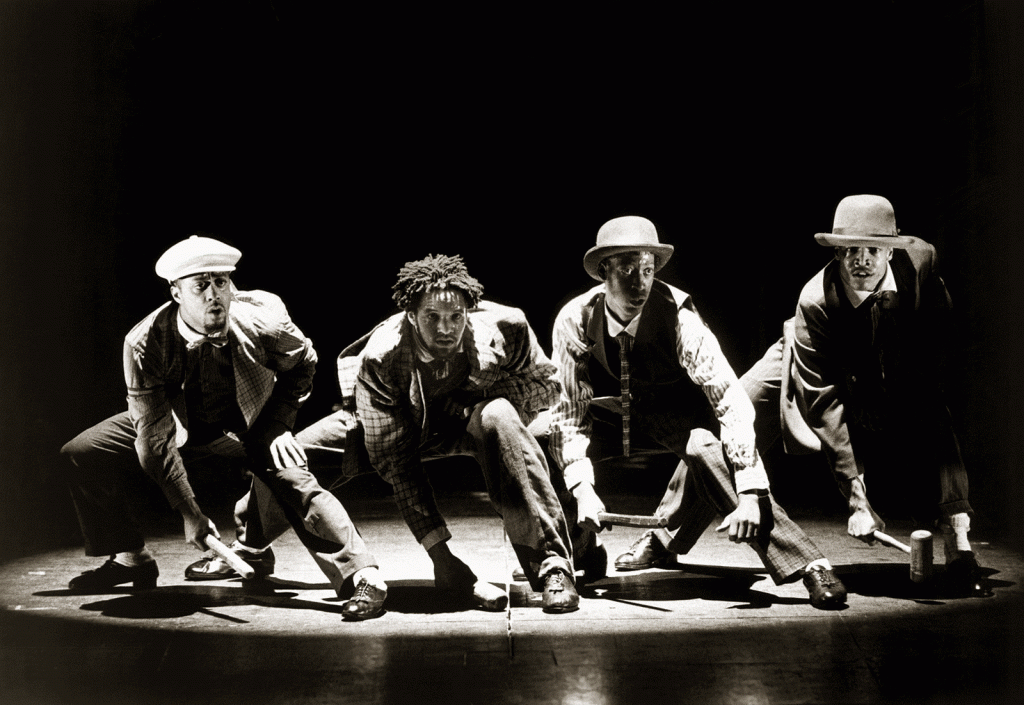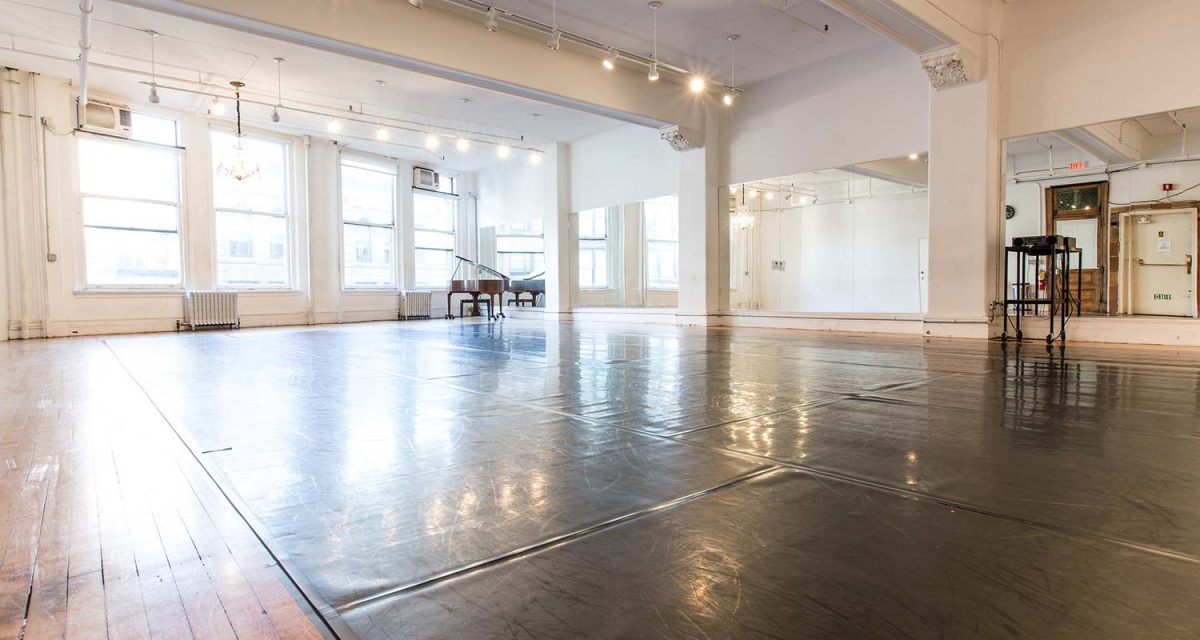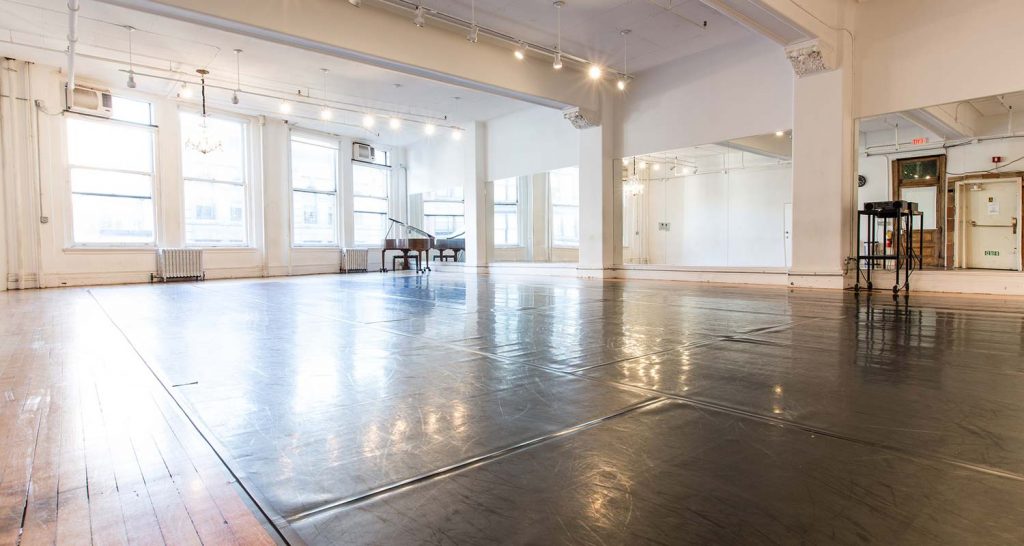Lea Michele, star of Funny Girl, and 2022 Tony Award-winner Myles Frost announced the nominations for the 76th Annual Antoinette Perry “Tony” Awards® in 26 competitive categories. The nominees were selected by a committee of 40 theater professionals appointed by the Tony Awards Administration Committee. The Tony Awards, presented by The Broadway League and the American Theatre Wing, will be hosted by Ariana DeBose and will air live on June 11, 2023, from the United Palace in Washington Heights, New York City. The CBS Television Network will broadcast the event, while Paramount+ will stream it live and on demand.
In addition to the competitive categories, the 2023 Tony Honors for Excellence in the Theatre will be presented to Lisa Dawn Cave, Victoria Bailey, and Robert Fried. The Isabelle Stevenson Tony Award will be presented to Jerry Mitchell.
The Tony Awards: Act One, a pre-show featuring live and exclusive content, will be presented by CBS and Pluto TV. The pre-show will be available on Pluto TV, the leading free streaming television service (FAST), on smart TVs, streaming devices, mobile apps, or online. The 2022-2023 eligibility season for Tony nominations began on May 5, 2022, and ended on April 27, 2023. Legitimate theatrical productions that opened in any of the 41 eligible Broadway theaters during the season could be considered for Tony nominations. The Tony Awards will be voted on in 26 competitive categories by 769 designated Tony voters within the theater community.
# # #
Nominations for the 2023 American Theatre Wing’s Tony Awards®
Presented by The American Theatre Wing and The Broadway League
Best Book of a Musical
& Juliet
David West Read
Kimberly Akimbo
David Lindsay-Abaire
New York, New York
David Thompson & Sharon Washington
Shucked
Robert Horn
Some Like It Hot
Matthew López & Amber Ruffin
Best Original Score (Music and/or Lyrics) Written for the Theatre
Almost Famous
Music: Tom Kitt
Lyrics: Cameron Crowe & Tom Kitt
Kimberly Akimbo
Music: Jeanine Tesori
Lyrics: David Lindsay-Abaire
KPOP
Music & Lyrics: Helen Park & Max Vernon
Shucked
Music and Lyrics: Brandy Clark & Shane McAnally
Some Like It Hot
Music: Marc Shaiman
Lyrics: Scott Wittman & Marc Shaiman
Best Performance by an Actor in a Leading Role in a Play
Yahya Abdul-Mateen II, Suzan-Lori Parks’ Topdog/Underdog
Corey Hawkins, Suzan-Lori Parks’ Topdog/Underdog
Sean Hayes, Good Night, Oscar
Stephen McKinley Henderson, Between Riverside and Crazy
Wendell Pierce, Arthur Miller’s Death of a Salesman
Best Performance by an Actress in a Leading Role in a Play
Jessica Chastain, A Doll’s House
Jodie Comer, Prima Facie
Jessica Hecht, Summer, 1976
Audra McDonald, Ohio State Murders
Best Performance by an Actor in a Leading Role in a Musical
Christian Borle, Some Like It Hot
J. Harrison Ghee, Some Like It Hot
Josh Groban, Sweeney Todd: The Demon Barber of Fleet Street
Brian d’Arcy James, Into the Woods
Ben Platt, Parade
Colton Ryan, New York, New York
Best Performance by an Actress in a Leading Role in a Musical
Annaleigh Ashford, Sweeney Todd: The Demon Barber of Fleet Street
Sara Bareilles, Into the Woods
Victoria Clark, Kimberly Akimbo
Lorna Courtney, & Juliet
Micaela Diamond, Parade
Best Performance by an Actor in a Featured Role in a Play
Jordan E. Cooper, Ain’t No Mo’
Samuel L. Jackson, August Wilson’s The Piano Lesson
Arian Moayed, A Doll’s House
Brandon Uranowitz, Leopoldstadt
David Zayas, Cost of Living
Best Performance by an Actress in a Featured Role in a Play
Nikki Crawford, Fat Ham
Crystal Lucas-Perry, Ain’t No Mo’
Miriam Silverman, The Sign in Sidney Brustein’s Window
Katy Sullivan, Cost of Living
Kara Young, Cost of Living
Best Performance by an Actor in a Featured Role in a Musical
Kevin Cahoon, Shucked
Justin Cooley, Kimberly Akimbo
Kevin Del Aguila, Some Like It Hot
Jordan Donica, Lerner & Loewe’s Camelot
Alex Newell, Shucked
Best Performance by an Actress in a Featured Role in a Musical
Julia Lester, Into the Woods
Ruthie Ann Miles, Sweeney Todd: The Demon Barber of Fleet Street
Bonnie Milligan, Kimberly Akimbo
NaTasha Yvette Williams, Some Like It Hot
Betsy Wolfe, & Juliet
Best Scenic Design of a Play
Miriam Buether, Prima Facie
Tim Hatley & Andrzej Goulding, Life of Pi
Rachel Hauck, Good Night, Oscar
Richard Hudson, Leopoldstadt
Dane Laffrey & Lucy Mackinnon, A Christmas Carol
Best Scenic Design of a Musical
Beowulf Boritt, New York, New York
Mimi Lien, Sweeney Todd: The Demon Barber of Fleet Street
Michael Yeargan & 59 Productions, Lerner & Loewe’s Camelot
Scott Pask, Shucked
Scott Pask, Some Like It Hot
Best Costume Design of a Play
Tim Hatley, Nick Barnes & Finn Caldwell, Life of Pi
Dominique Fawn Hill, Fat Ham
Brigitte Reiffenstuel, Leopoldstadt
Emilio Sosa, Ain’t No Mo’
Emilio Sosa, Good Night, Oscar
Best Costume Design of a Musical
Gregg Barnes, Some Like It Hot
Susan Hilferty, Parade
Jennifer Moeller, Lerner & Loewe’s Camelot
Clint Ramos & Sophia Choi, KPOP
Paloma Young, & Juliet
Donna Zakowska, New York, New York
Best Lighting Design of a Play
Neil Austin, Leopoldstadt
Natasha Chivers, Prima Facie
Jon Clark, A Doll’s House
Bradley King, Fat Ham
Tim Lutkin, Life of Pi
Jen Schriever, Arthur Miller’s Death of a Salesman
Ben Stanton, A Christmas Carol
Best Lighting Design of a Musical
Ken Billington, New York, New York
Lap Chi Chu, Lerner & Loewe’s Camelot
Heather Gilbert, Parade
Howard Hudson, & Juliet
Natasha Katz, Some Like It Hot
Natasha Katz, Sweeney Todd: The Demon Barber of Fleet Street
Best Sound Design of a Play
Jonathan Deans & Taylor Williams, Ain’t No Mo’
Carolyn Downing, Life of Pi
Joshua D. Reid, A Christmas Carol
Ben & Max Ringham, A Doll’s House
Ben & Max Ringham, Prima Facie
Best Sound Design of a Musical
Kai Harada, New York, New York
John Shivers, Shucked
Scott Lehrer & Alex Neumann, Into the Woods
Gareth Owen, & Juliet
Nevin Steinberg, Sweeney Todd: The Demon Barber of Fleet Street
Best Direction of a Play
Saheem Ali, Fat Ham
Jo Bonney, Cost of Living
Jamie Lloyd, A Doll’s House
Patrick Marber, Leopoldstadt
Stevie Walker-Webb, Ain’t No Mo’
Max Webster, Life of Pi
Best Direction of a Musical
Michael Arden, Parade
Lear deBessonet, Into the Woods
Casey Nicholaw, Some Like It Hot
Jack O’Brien, Shucked
Jessica Stone, Kimberly Akimbo
Best Choreography
Steven Hoggett, Sweeney Todd: The Demon Barber of Fleet Street
Casey Nicholaw, Some Like It Hot
Susan Stroman, New York, New York
Jennifer Weber, & Juliet
Jennifer Weber, KPOP
Best Orchestrations
Bill Sherman and Dominic Fallacaro, & Juliet
John Clancy, Kimberly Akimbo
Jason Howland, Shucked
Charlie Rosen & Bryan Carter, Some Like It Hot
Daryl Waters & Sam Davis, New York, New York
Best Play
Ain’t No Mo’
Author: Jordan E. Cooper
Producers: Lee Daniels, BET: Black Entertainment Television, Len Blavatnik, Ron Burkle, Aryeh B. Bourkoff, 59th & Prairie Entertainment, RuPaul Charles, I’ll Have Another Productions, Jeremy O. Harris, Lena Waithe, Tucker Tooley Entertainment, CJ Uzomah, Ann Cox, Gina Purlia, Bob Yari, Marvin Peart, Colleen Camp, Marvet Britto, Jeremy Green, Sue Wagner, John Johnson, Jillian Robbins, The Public Theater, Oskar Eustis, Patrick Willingham, Mandy Hackett
Between Riverside and Crazy
Author: Stephen Adly Guirgis
Producers: Second Stage Theater, Carole Rothman, Khady Kamara, Atlantic Theater Company
Cost of Living
Author: Martyna Majok
Producers: Manhattan Theatre Club, Lynne Meadow, Barry Grove, Williamstown Theatre Festival
Fat Ham
Author: James Ijames
Producers: No Guarantees, Public Theater Productions, Rashad V. Chambers, National Black Theatre, Tim Levy, Bards on Broadway, Bob Boyett, Ghostbuster Productions, James Ijames, Cynthia Stroum, Audible, Adam Cohen, Blake Devillier, Firemused Productions/JamRock Productions, The Forstalls, Iconic Vizion/Corey Brunish, John Gore Organization, Midnight Theatricals, David Miner, Robin Gorman Newman/PickleStar Theatricals, Marc Platt, Play on Shakespeare, The Wilma Theater, Colman Domingo, Cynthia Erivo, Andy Jones, Dylan Pager, Roundabout Theatre Company, Oskar Eustis, Patrick Willingham, Mandy Hackett, Sade Lythcott, Jonathan McCrory
Leopoldstadt
Author: Tom Stoppard
Producers: Sonia Friedman Productions, Roy Furman, Lorne Michaels, Stephanie P. McClelland, Gavin Kalin, Delman Sloan, Eilene Davidson, Brad Edgerton, Patrick Gracey, Hunter Arnold, Burnt Umber Productions, Cue to Cue Productions, The Factor Gavin Partnership, Harris Rubin Productions, Robert Nederlander, Jr., No Guarantees, Sandy Robertson, Iris Smith, Jamie deRoy/Catherine Adler, Dodge Hall Productions/Waverly Productions, Richardo Hornos/Robert Tichio, Heni Koenigsberg/Wendy Federman, Thomas S. Perakos/Stephanie Kramer, Brian Spector/Judith Seinfeld, Richard Winkler/Alan Shorr
Best Musical
& Juliet
Producers: Max Martin & Tim Headington, Theresa Steele Page, Jenny Petersson, Martin Dodd, Eva Price, Lukasz Gottwald, 42nd.club, Independent Presenters Network, Jack Lane, Library Company, Shellback, Shivhans Pictures, Sing Out, Louise!, Kim Szarzynski, Taylor/Riegler, Tenenbaum/Keyes, Barry Weiss, John Gore Organization
Kimberly Akimbo
Producers: David Stone, Atlantic Theater Company, James L. Nederlander, LaChanze, John Gore, Patrick Catullo, Aaron Glick
New York, New York
Producers: Sonia Friedman Productions, Tom Kirdahy, Wendy Federman & Heni Koenigsberg, Crossroads Live, Playing Field, Stephanie P. McClelland, Ambassador Theatre Group, Waiting in the Wings Productions, Colin Callender, Gilbert and DeeDee Garcia/Sue Vaccaro, Peter May, Rileyfan, Silverhopkins+/Hunter Johnson, Jay Alix & Una Jackman, Eric Passmore, Thomas Swayne, Elliott Cornelious/SunnySpot Productions, Santino DeAngelo/Cynthia Tong, Craig Balsam, Richard Batchelder, Concord Theatricals, Creative Partners Productions, Marguerite Hoffman, Jessica R. Jenen, John Gore Organization, MGM on Stage, James L. Nederlander, Linda B. Rubin, Seriff Productions, Shivhans Pictures, 42nd.club/Beards on Broadway, AGL Productions/Brad Blume, Hunter Arnold/Red Mountain Theatre, Cue to Cue Productions/Roy Putrino, Jamie deRoy/Janet and Marvin Rosen, Edgewood/Silva Theatrical Group, Dale Franzen/Henry R. Muñoz, III, Deborah Green/Chris Mattsson, Branden Grimmett/DMQR Productions, Christen James/Gregory Carroll, NETworks Presentations/Lamar Richardson, Ron Simons/Adam Zell, Chartoff-Winkler
Shucked
Producers: Mike Bosner, Jason Owen, AEG Presents/Jay Marciano/Gary Gersh, Jeffrey A. Sine, Richard Smith, Silvia Schmid, Bob Boyett, Jeremiah J. Harris, James L. Nederlander, EST/Emily Tisch, Sony Music Entertaiment, DudaAllen, David W. Busch, Karen Fairchild, HoriPro Inc., Gordon-Helfner, John Gore Organization, Madison Wells Live, S&Co., Terry Schnuck, Jimi Westbrook, ZKM Media
Some Like It Hot
Producers: The Shubert Organization, Neil Meron, MGM on Stage, Roy Furman, Robert Greenblatt, James L. Nederlander, Kenny Leon, Hunter Arnold, John Gore Organization, The Dalgleish Library Company Group, Sheboygan Conservatory Partners, Ambassador Theatre Group Productions, Bob Boyett, Cue to Cue Productions, Janet and Marvin Rosen, The Araca Group, Concord Theatricals, Marc Howard, Independent Presenters Network, Juanita Jordan, Jujamcyn Theaters, Henry R. Muñoz, III, Ostar, Mariah Carey, D.S. Moynihan
Best Revival of a Play
August Wilson’s The Piano Lesson
Producers: Brian Anthony Moreland, Sonia Friedman, Tom Kirdahy, Kandi Burruss & Todd Tucker, Hunter Arnold, Playing Field, The Factor Gavin Partnership, FBK Productions/42nd.club, Jay Alix & Una Jackman, Creative Partners Productions, Harris Rubin Productions, Marguerite Steed Hoffman, Alia Jones-Harvey, Mark Gordon Pictures, Stephanie McClelland, Moore Delman, James L. Nederlander, Seriff Productions, The Shubert Organization, Salman Al-Rashid/Jamie deRoy, Brad Blume/Cliff Hopkins, Jean Doumanian /Fakston Productions, Edgewood/DMQR Productions, Jay & Cindy Gutterman/Caiola Productions, Van Kaplan/Lu-Shawn Thompson, Erik A. King/Finewomen Productions, Marc David Levine/William Frisbie, Syrinda Paige/Kevin Ryan & Diane Scott Carter, Silva Theatrical Group/Tilted, Thomas Swayne/Cynthia J. Tong, Constanza Romero-Wilson
A Doll’s House
New Version by: Amy Herzog
Producers: Ambassador Theatre Group Productions, Gavin Kalin Productions, Wessex Grove, Julie Boardman, Kate Cannova, Bob Boyett, Hunter Arnold, Creative Partners Productions, Eilene Davidson Productions, GGRS, Kater Gordon, Louise L. Gund, Los Angeles Media Fund, Stephanie P. McClelland, Tilted, Jessica Chastain, Caitlin Clements/Francesca Moody Productions, Caiola Productions/Amanda Lee, Ted & Richard Liebowitz/Joeyen-Waldorf Squeri, Richard & Cecilia Attias/Thomas S. Barnes, OHenry Theatre Nerd Productions/Runyonland MMP, The Jamie Lloyd Company
The Sign in Sidney Brustein’s Window
Producers: Seaview, Sue Wagner, John Johnson, Phil Kenny, Audible, Sony Music Masterworks, Jillian Robbins, Jeremy O. Harris, Larry Hirschhorn and Ricardo Hornos, Shields Smedes Stern Ltd., Kevin Ryan, The Shubert Organization, Willette and Manny Klausner, Marco Santarelli, Be Forward Productions, Concord Theatricals, Creative Partners Productions, Invisible Wall Productions, Salman and Moudhy Al-Rashid, TodayTix Group, Ido Gal, HarrisDonnelly, Sally Cade Holmes, Stella LaRue, LAMF Protozoa, Kati Meister and John Sorkin, Meredith Lynsey Schade, Catherine Schreiber, Dennis Trunfio, MCM Studios, 42nd.club, BAMM Productions, CarterMackTaylorWilliam, HB2M Productions, HK-Undivided Productions, MAJIKK Theatricals, Tanker Kollev Productions, Douglas Denoff, OHenry Productions, Plate Spinner Productions, Runyonland Productions, Mad Gene Media, Scrap Paper Pictures, Joi Gresham, BAM, Gina Duncan, David Binder, Elizabeth Moreau
Suzan-Lori Parks’ Topdog/Underdog
Producers: David Stone, LaChanze, Rashad V. Chambers, Marc Platt, Debra Martin Chase, The Shubert Organization
Best Revival of a Musical
Into the Woods
Producers: Jujamcyn Theaters, Jordan Roth, New York City Center, Daryl Roth, Hunter Arnold, Concord Theatricals, Nicole Eisenberg, Jessica R. Jenen, Michael Cassel Group, Kevin Ryan, ShowTown Productions, Armstrong, Gold & Ross, Nicole Kastrinos
Lerner & Loewe’s Camelot
Producers: Lincoln Center Theater, André Bishop, Adam Siegel, Naomi Grabel
Parade
Producers: Seaview, Ambassador Theatre Group Productions, Alex Levy, Kevin Ryan, Eric & Marsi Gardiner, Interscope & Immersive Records, Erica Lynn Schwartz, Creative Partners Productions, Marcia Goldberg, John Gore Organization, Cynthia Stroum, Tom Tuft, Benjamin Simpson, Nathan Vernon, Brian & Nick Ginsberg, Ruth & Stephen Hendel, Roth-Manella Productions, Chutzpah Productions, 42nd.club, Ahava 72 Productions, The Andryc Brothers, The Array, At Rise Creative, Caiola Jenen Productions, Coles Achilles, deRoy Brunish Productions, Fakston Productions, Federman Batchelder, Level Forward, Pencil Factory Productions, Renard Lynch, Robin Merrie, Rubin Stuckelman, Runyonland Sussman, Kristin Caskey, Mike Isaacson, Bee Carrozzini, New York City Center
Sweeney Todd: The Demon Barber of Fleet Street
Producers: Jeffrey Seller, Bob Boyett, Diana DiMenna & Plate Spinner Productions/Aaron Glick, Eastern Standard Time, Roy Furman, Thomas Kail, Jim Kierstead/Benjamin Leon IV, TourDForce Theatrical, Maggie Brohn, Andy Jones
Tony Nominations by Production
Some Like It Hot – 13
& Juliet – 9
New York, New York – 9
Shucked – 9
Kimberly Akimbo – 8
Sweeney Todd: The Demon Barber of Fleet Street – 8
Ain’t No Mo’ – 6
A Doll’s House – 6
Into the Woods – 6
Leopoldstadt – 6
Parade – 6
Cost of Living – 5
Fat Ham – 5
Lerner & Loewe’s Camelot – 5
Life of Pi – 5
Prima Facie – 4
A Christmas Carol – 3
Good Night, Oscar – 3
KPOP – 3
Suzan-Lori Parks’ Topdog/Underdog – 3
Arthur Miller’s Death of a Salesman – 2
August Wilson’s The Piano Lesson – 2
Between Riverside and Crazy – 2
The Sign in Sidney Brustein’s Window – 2
Almost Famous – 1
Ohio State Murders – 1
Summer, 1976 – 1
